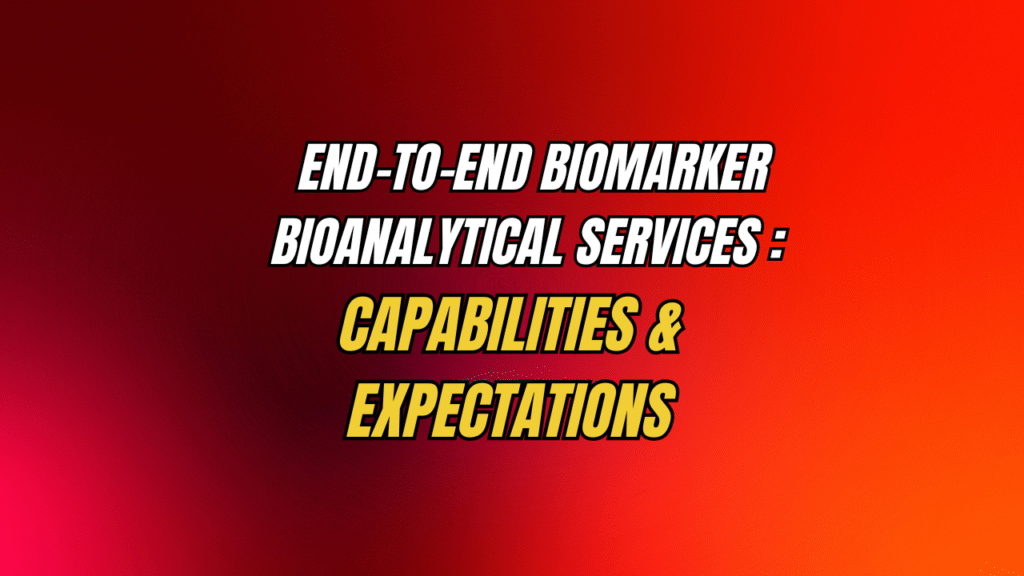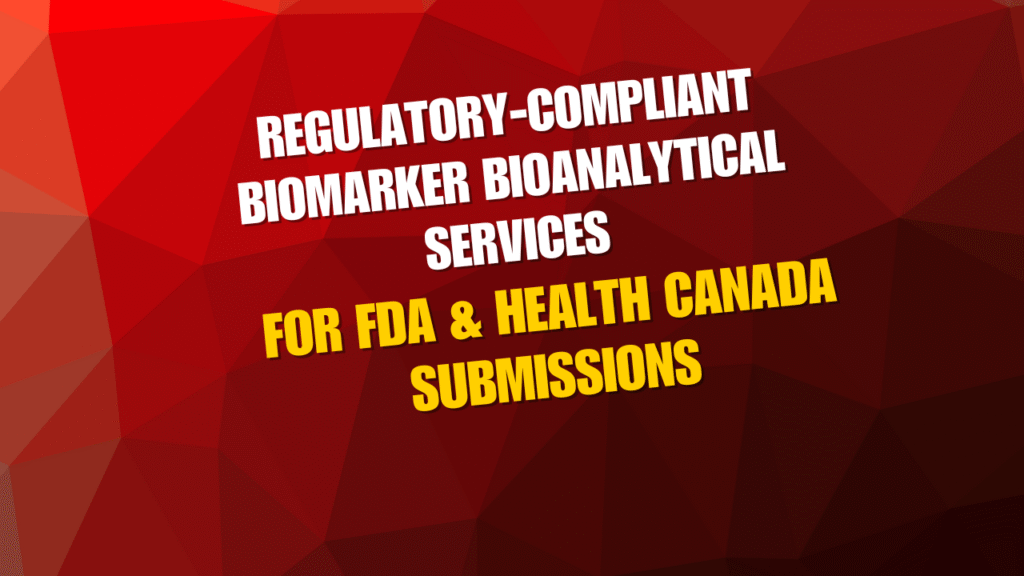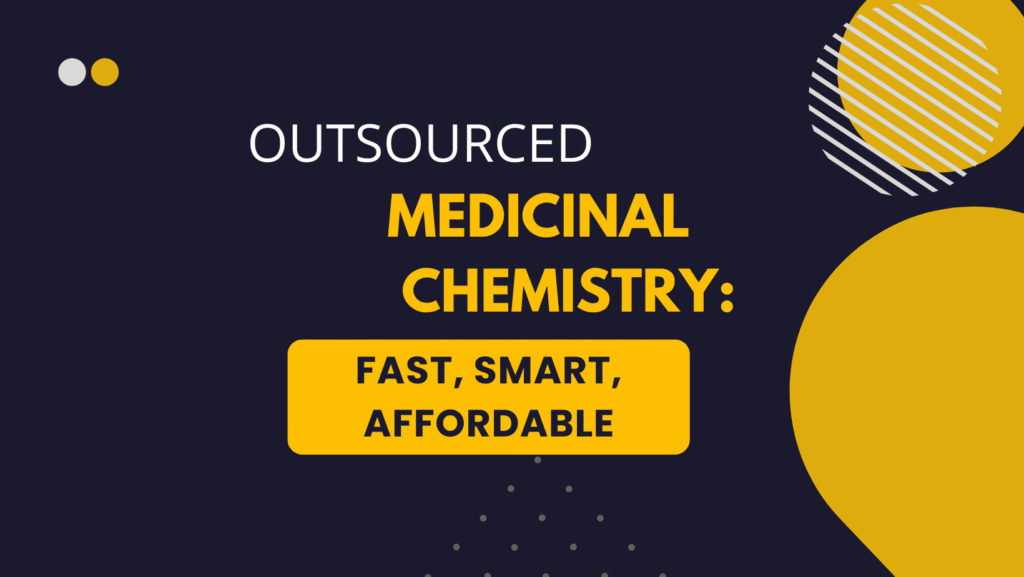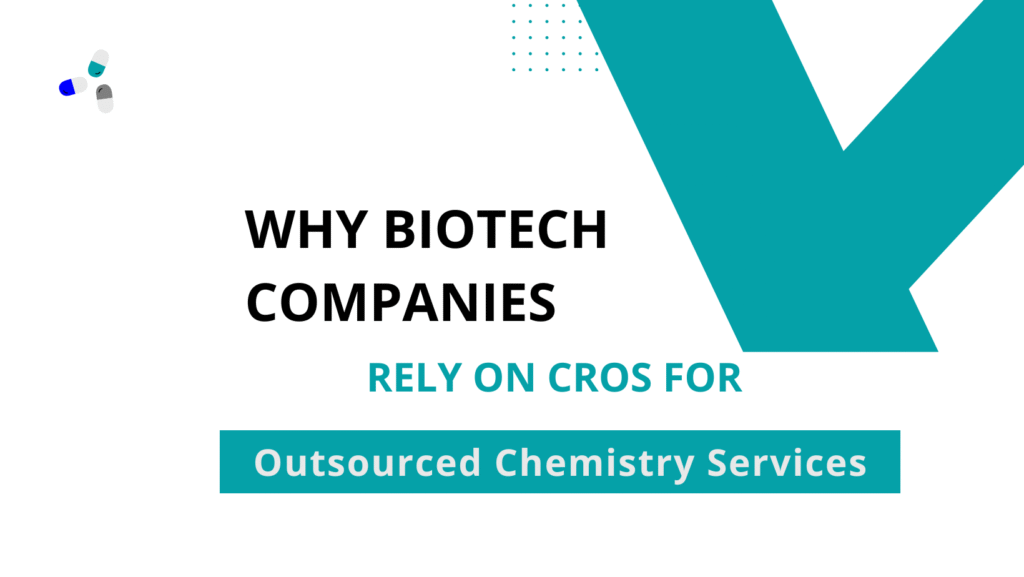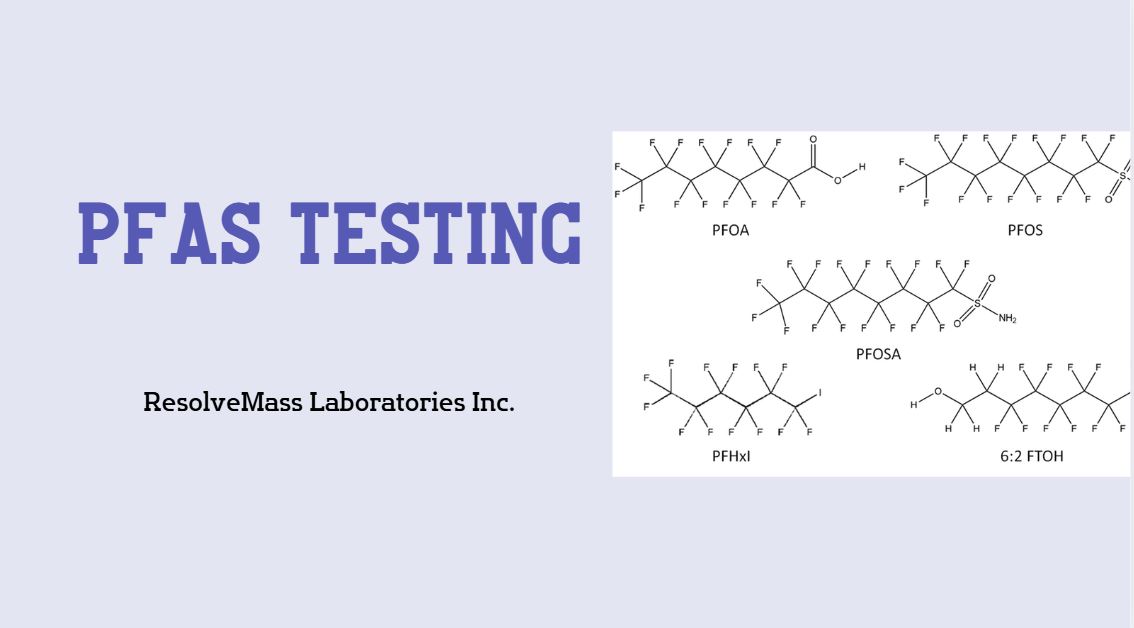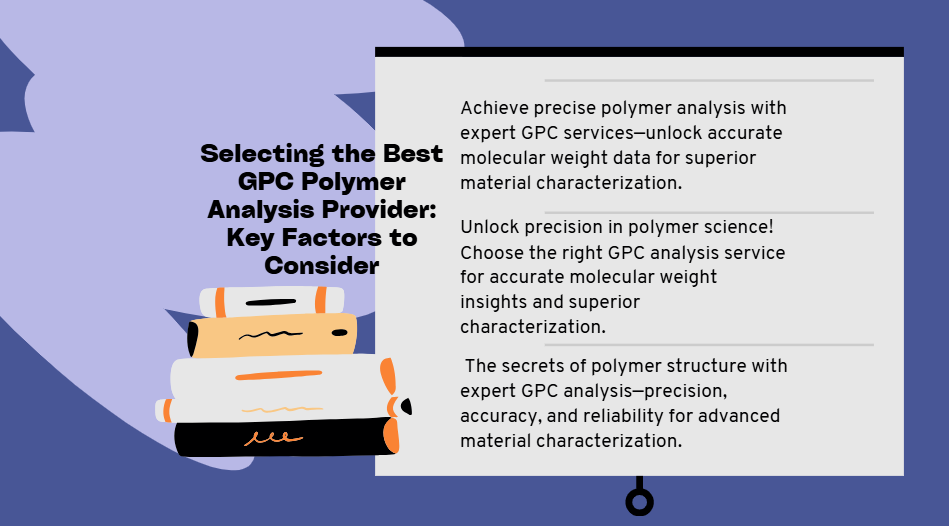
Gel Permeation Chromatography (GPC) is a critical analytical technique used for polymer characterization, particularly in determining molecular weight distribution and polymer structure. Choosing the right provider for GPC polymer analysis services is essential for ensuring accurate, reliable, and reproducible results. This guide will explore key factors to consider when selecting a GPC service provider, including expertise, instrumentation, accreditation, and customer support.
Understanding GPC Polymer Analysis
GPC is a size-exclusion chromatography method that separates polymer molecules based on their hydrodynamic volume. It provides valuable data on molecular weight averages (Mn, Mw, Mz), polydispersity index (PDI), and molecular weight distribution. The technique is widely used in industries such as pharmaceuticals, coatings, adhesives, and biodegradable plastics.
Why GPC is Essential for Polymer Analysis
- Molecular Weight Determination: Identifies the molecular weight distribution and its impact on polymer properties.
- Polydispersity Index Measurement: Determines the uniformity of polymer chains within a sample.
- Structural Analysis: Helps assess polymer branching and degradation.
- Quality Control: Ensures consistency in polymer production and formulation development.
- Regulatory Compliance: Provides necessary data for meeting industry standards and guidelines.
Key Factors in Choosing a GPC Polymer Analysis Provider
1. Expertise and Experience
A reputable provider should have a team of skilled analysts with extensive experience in polymer characterization. Consider the following:
- Years of experience in GPC analysis.
- Expertise in working with diverse polymer types.
- Research publications and industry collaborations.
2. Advanced Instrumentation
The accuracy of GPC analysis largely depends on the quality of instrumentation used. Ensure that the provider uses state-of-the-art equipment with:
- Multi-angle light scattering (MALS) for precise molecular weight measurement.
- Differential refractive index (DRI) and viscometry detectors.
- High-resolution columns suited for various polymer types.
3. Accreditation and Compliance
Regulatory compliance is crucial, especially in pharmaceuticals and biomedical research. Verify if the provider adheres to:
- Good Laboratory Practices (GLP) and ISO 17025 accreditation.
- FDA, USP, and ASTM standards for polymer characterization.
- Data integrity and traceability standards.
4. Range of Services Offered
A comprehensive GPC service provider should offer:
- Standard molecular weight distribution analysis.
- Polymer degradation and stability studies.
- Copolymer and block polymer characterization.
- Custom analysis tailored to client needs.
5. Sample Preparation and Compatibility
Ensure that the provider supports different solvent systems and sample types, including:
- Water-soluble polymers.
- Organic solvent-based polymers.
- Biodegradable and bio-based polymers.
- High molecular weight and crosslinked systems.
6. Data Reporting and Interpretation
Accurate and well-structured data reporting is essential for meaningful analysis. A good provider should offer:
- Detailed reports with graphical representation of molecular weight distribution.
- Clear interpretation and expert recommendations.
- Raw data availability for further analysis.
7. Turnaround Time and Cost Efficiency
Consider the balance between service speed and cost. Evaluate:
- Standard and expedited turnaround options.
- Transparent pricing structure with no hidden fees.
- Bulk testing discounts and long-term collaboration benefits.
8. Customer Support and Technical Assistance
Reliable customer support is critical for addressing queries and ensuring smooth analysis. Check for:
- Accessibility of technical experts for consultation.
- Online tracking of sample progress.
- Post-analysis support and troubleshooting.
Common Mistakes to Avoid When Choosing a GPC Provider
- Ignoring Accreditation: Lack of regulatory compliance can affect data credibility.
- Compromising on Instrumentation: Outdated equipment can lead to inaccurate results.
- Overlooking Sample Compatibility: Ensure the provider can handle your specific polymer type.
- Not Reviewing Data Interpretation: Comprehensive reporting is essential for meaningful insights.
- Choosing Based on Cost Alone: Low-cost services may compromise quality and reliability.
Conclusion
Choosing the right provider for GPC polymer analysis services is crucial for obtaining accurate molecular weight data. By evaluating expertise, instrumentation, accreditation, service range, and customer support, you can ensure reliable and high-quality polymer characterization. Investing in a reputable GPC service provider will enhance research outcomes, product development, and regulatory compliance.
REFERENCES
- Hanton SD, Liu XM. GPC separation of polymer samples for MALDI analysis. Analytical chemistry. 2000 Oct 1;72(19):4550-4.
- Daly WH, Negulescu I, Balamurugan SS. Implementation of GPC characterization of asphalt binders at Louisiana materials laboratory. Louisiana. Dept. of Transportation and Development; 2013 Oct 1.
- Hunt BJ, James MI, editors. Polymer characterisation. Springer Science & Business Media; 2012 Dec 6.
- Aaserud DJ, Prokai L, Simonsick WJ. Gel permeation chromatography coupled to Fourier transform mass spectrometry for polymer characterization. Analytical chemistry. 1999 Nov 1;71(21):4793-9.
- Ettre L. Jim Waters: the development of GPC and the first HPLC instruments.
LET’S CONNECT
For inquiries on our GPC polymer analysis services, feel free to contact ResolveMass Laboratories Inc. Our team of experts is ready to assist with your polymer characterization needs, offering state-of-the-art instrumentation and tailored solutions. Reach out to us today for accurate and reliable results!
End-to-End Biomarker Bioanalytical Services Offered by a CRO: Capabilities and Expectations
Introduction Biomarker bioanalytical services CRO partnerships have become indispensable in modern pharmaceutical development, providing the…
Regulatory-Compliant Biomarker Bioanalytical Services for FDA and Health Canada Submissions
Introduction Biomarker bioanalytical services for FDA and Health Canada submissions require rigorous compliance with regulatory…
Outsourced Medicinal Chemistry for Startups: Cost, Speed, and Scientific Advantages
🔍 Summary (Key Takeaways) Outsourced medicinal chemistry for startups offers a strategic advantage by minimizing…
Why Early-Stage Biotech Companies Outsource Chemistry Services to Drug Discovery CROs
Introduction Early-stage biotech companies are increasingly adopting Outsourced Chemistry Services for Biotech to stay competitive…
Why Early-Stage Biotech Companies Outsource Bioanalytical Services to CROs
Introduction Outsourced bioanalytical services play a critical role in helping early-stage biotech companies overcome scientific,…
7 Questions to Ask Before Collaborating with a Full Service Drug Discovery CRO
Summary Before partnering with a Full Service Drug Discovery CRO, the following key questions can…
